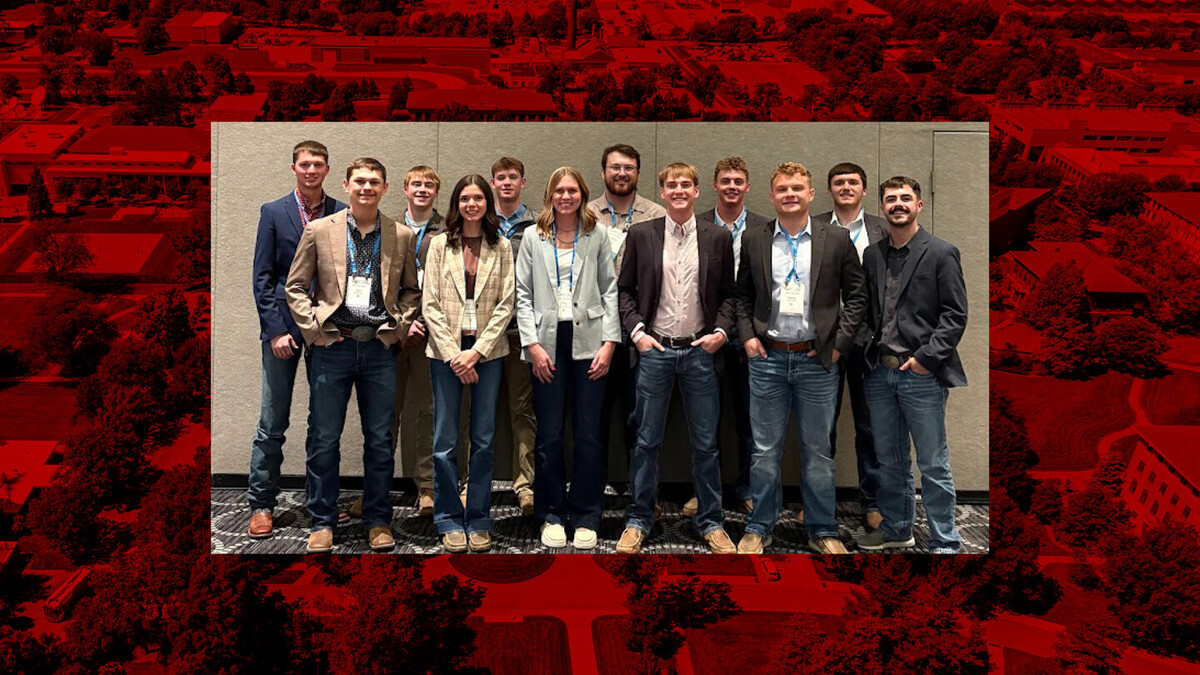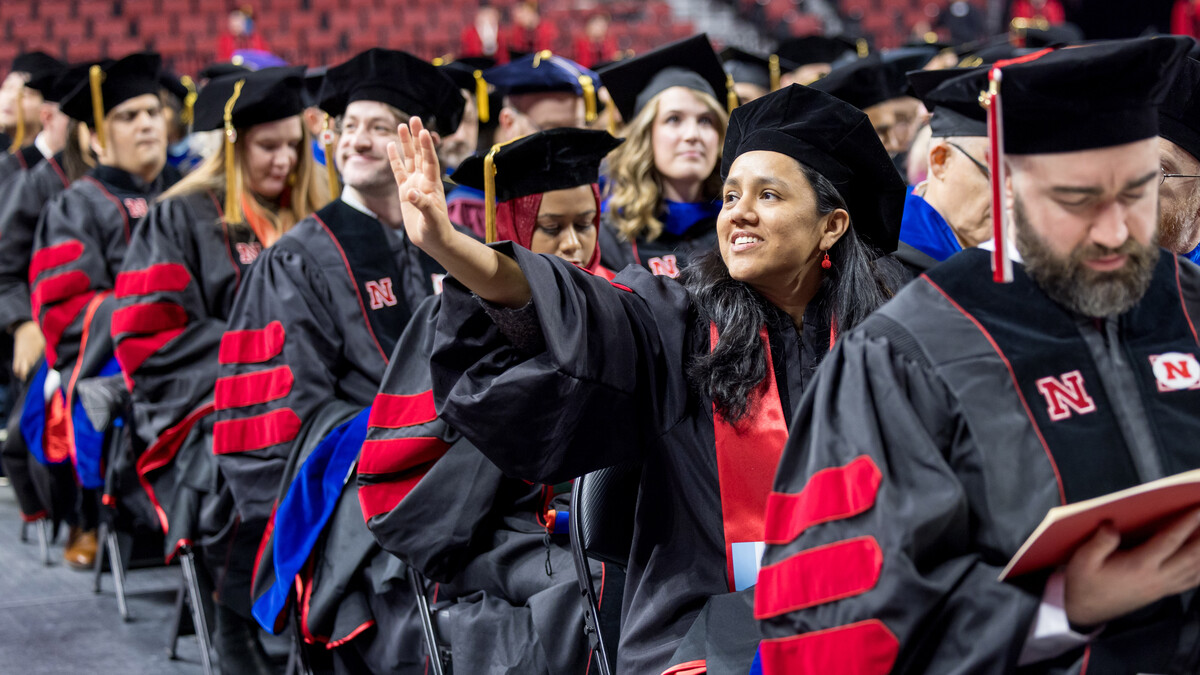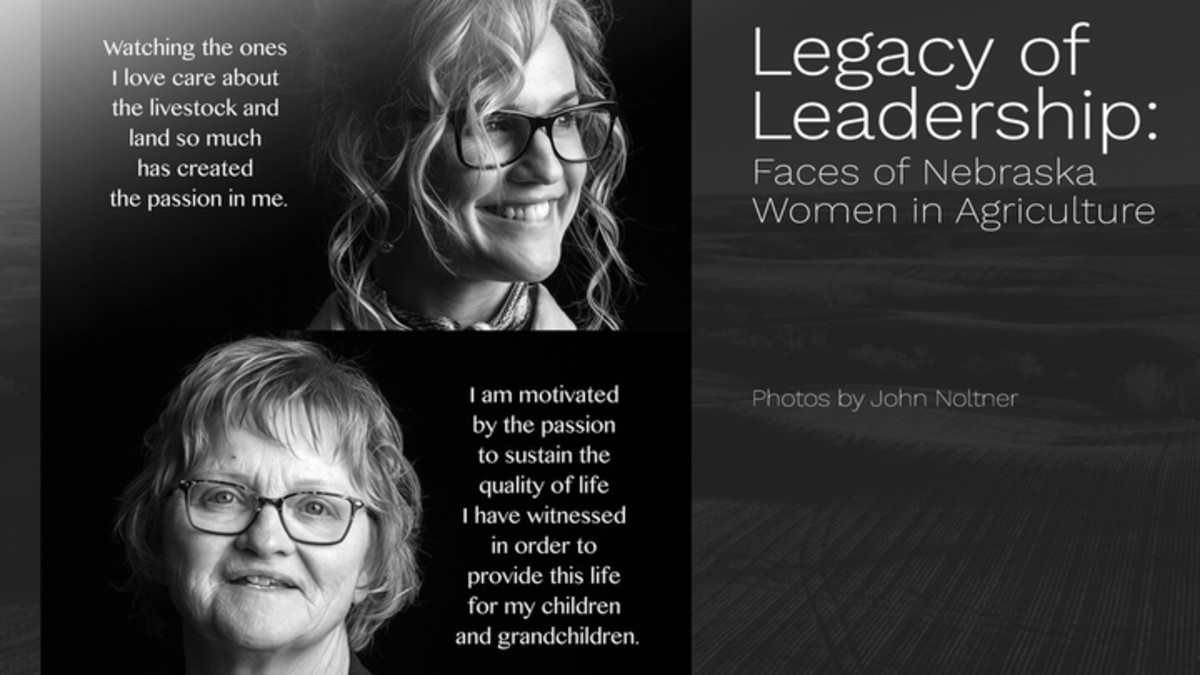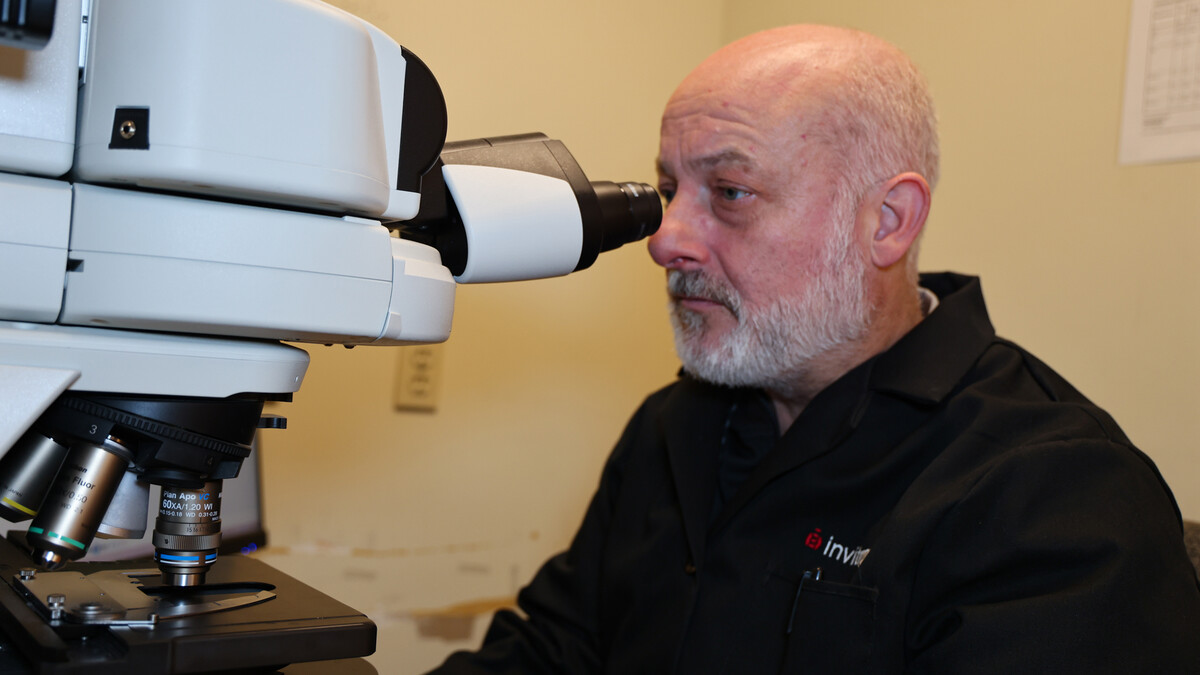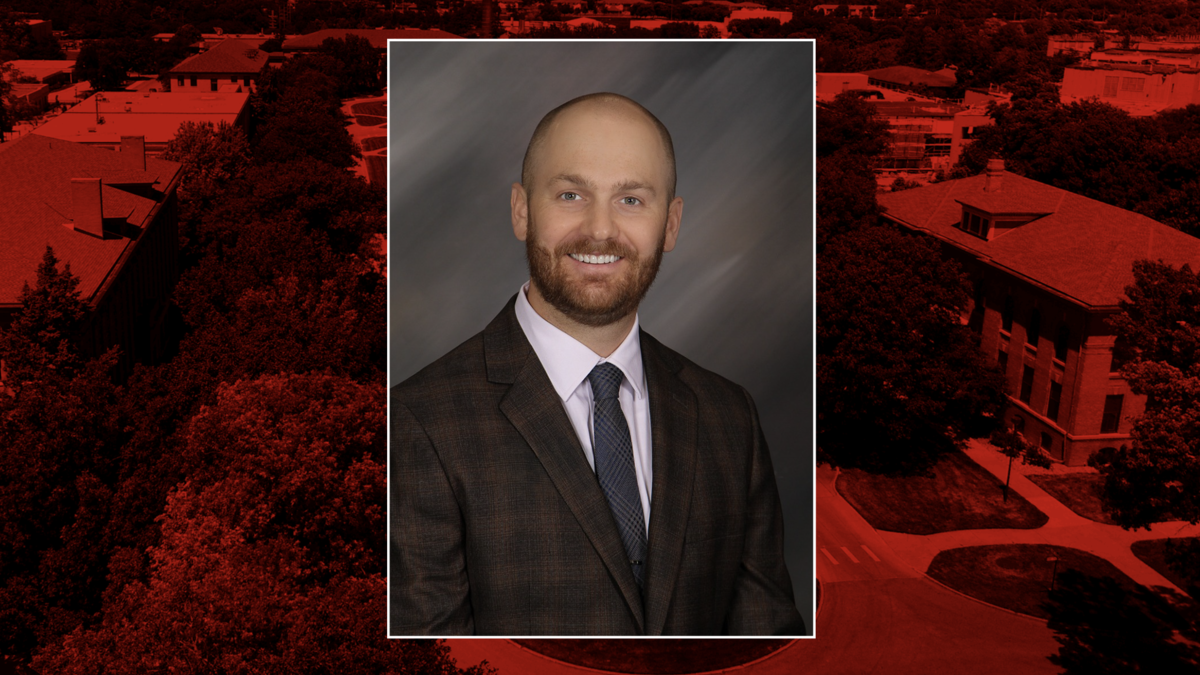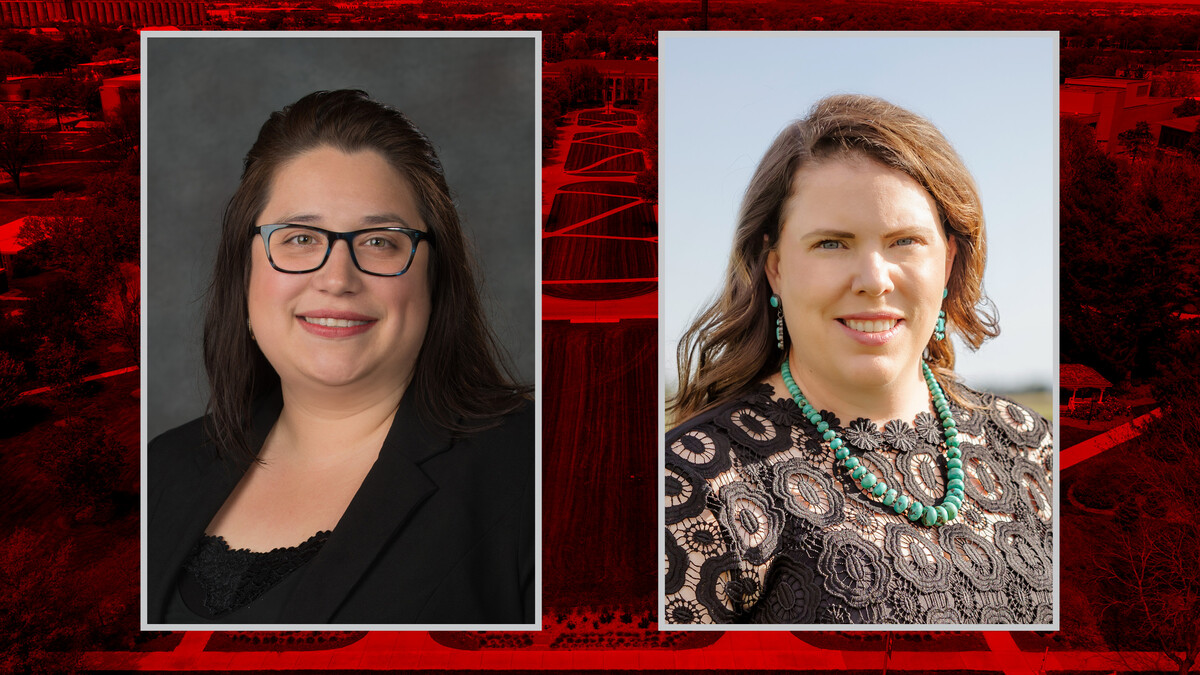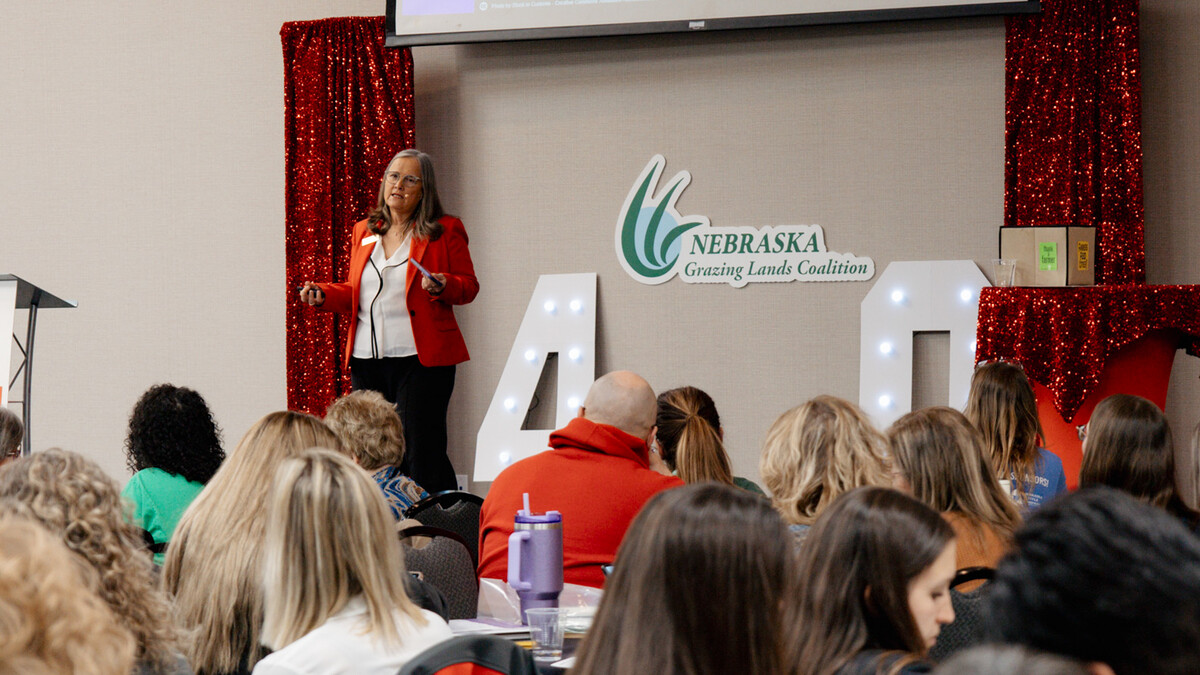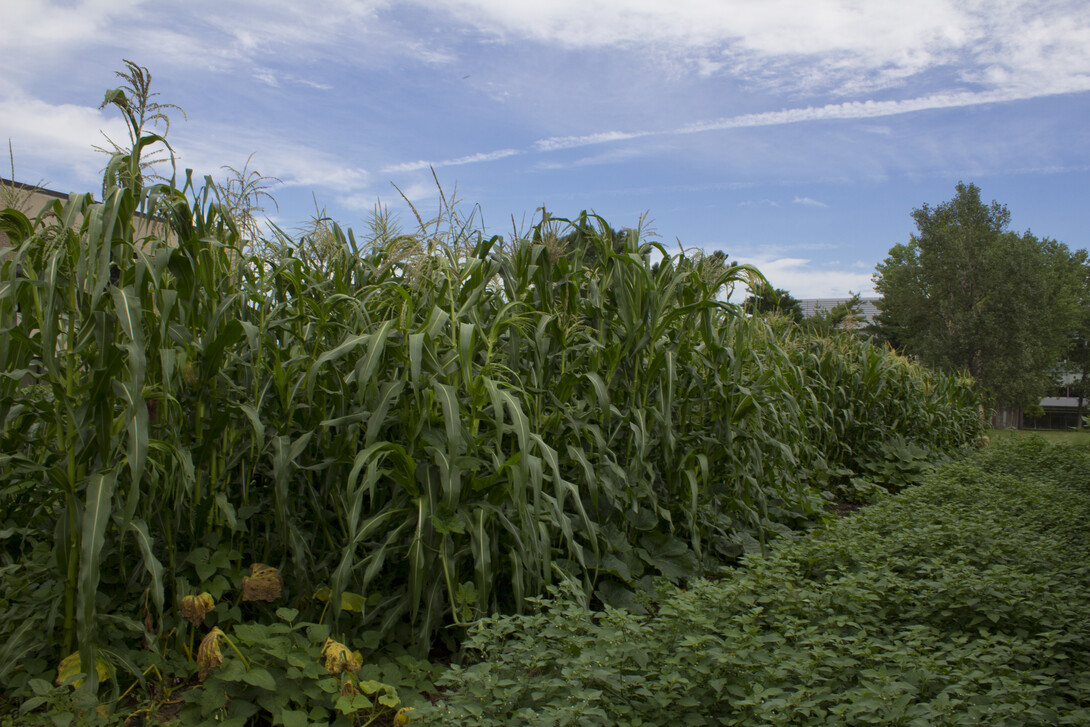
Aug. 8, 2013
LINCOLN, Neb. — Students at the University of Nebraska-Lincoln have found out that there is a lot to learn from carrots, tomatoes and chard.
Environmental studies majors at the University of Nebraska-Lincoln want to help bring organic farming experience to students. Using donations from the public and land from UNL's agronomy and horticulture department, they have started a small farm located on UNL's East Campus east of the Law College.
"This is a really hands- on way that students can learn to grow their own food," said senior environmental studies major Neil Tabor of Omaha, Neb., a founding member of the farm. "It brings a whole new angle of what we view as agriculture and horticulture."
Chuck Francis, a professor in the university's agronomy and horticulture department, supported the students with their endeavors.
"He was a big help," Tabor said.
The university provided half an acre of land to the students, previously an asparagus patch. The students have replaced the asparagus with a cover crop designed to put nutrients back into the soil so that it can be used in the future to grow produce. Also on the land is a hoop house, one of six used for research by the department.
"The hoop house is designed to capture the solar energy and store it," Tabor said. This extends the growing season, allowing the students to plant crops that otherwise would not be able to survive outdoors.
Students were invited to use the hoop house by Laurie Hodges, UNL Extension commercial vegetable specialist. It needed repairs, so recent environmental studies graduate Jenn Simons of Albion, Neb. helped start a campaign on indiegogo.com to raise funds.
"That's really what set things off," Simons said. "We set up that campaign and people realized that we were serious."
Over $3,000 was raised, allowing the students to begin fixing the hoop house and buy needed equipment and seed.
Simons said she enjoyed the unique opportunity that starting the organic farm gave her.
"It was a chance to actually try doing some sort of agriculture experience on my own," Simons said. "I've lived in apartments and houses where I couldn't have a garden."
The students want the farm to eventually be integrated into classes.
"Basically any soils, agronomy and horticulture classes would be free to use it," Tabor said.
The students hope to continue harvesting fresh, healthy vegetables next year.
"I think it is a very solid start," said senior environmental studies major Heather Hansen of Sioux Falls, S.D. "It is pretty promising for this year and the next."
Professor
Agronomy and Horticulture
402-472-1581
cfrancis2@unl.eduHeather Haskins
Student WriterSandi Alswager Karstens
IANR News Service
402-472-3030
skarstens2@unl.edu

